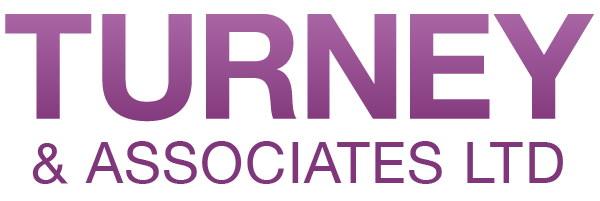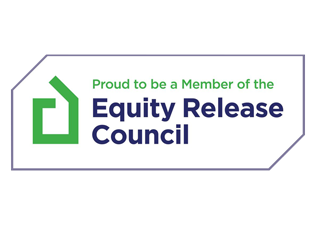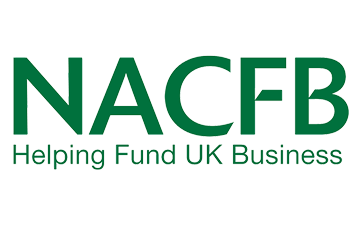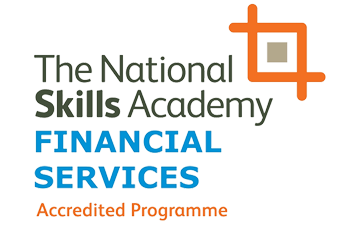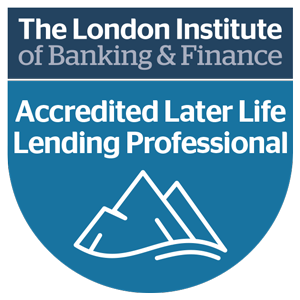With every payment you make on a repayment mortgage (also called a ‘capital and interest’ mortgage) you will pay both interest on the mortgage and also pay off some of the capital. Provided you maintain all of your payments over the term of the mortgage, this type of mortgage is guaranteed to be paid off at the end of the term.
With every payment to an interest-only mortgage, you pay only the interest. This means that at the end of the mortgage term you will still owe the full amount that you originally borrowed. You will need to have enough money at the end of the mortgage term to pay off the whole amount. This may be from regular savings (for example to a Building Society account, ISA or an endowment) or from investments (such as sale of a second investment property).
There is no guarantee with an interest-only mortgage that the value of your savings and investments will be sufficient to repay your mortgage and this is therefore considered a ‘higher risk’ mortgage.
If you cannot pay off your mortgage at the end of the term, the lender can repossess your home and sell it to repay the debt.
